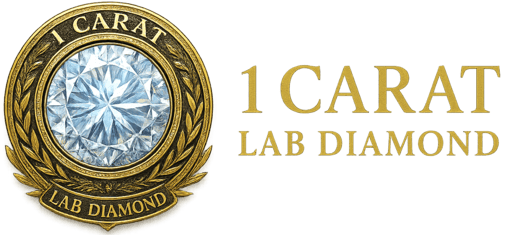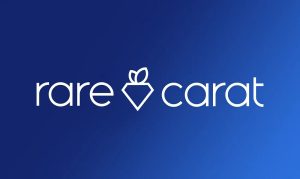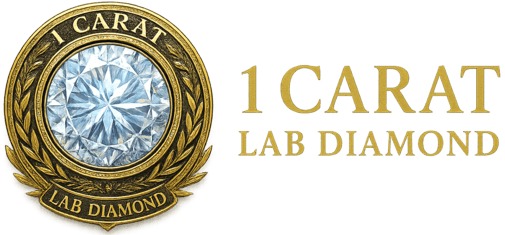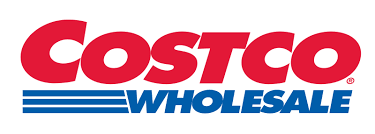How Much Should an Engagement Ring Cost in 2026? The Decision Framework Guide
Most people ask the wrong question when buying an engagement ring. They ask:“How much should an engagement ring cost?” When they should be asking:“How much should an engagement ring cost for me, based on my life, money, and priorities?” Because the truth is, how much an engagement ring should cost is not a fixed number with a universal price tag. There can only be systems that get you to the right number for you — such that protect your money







